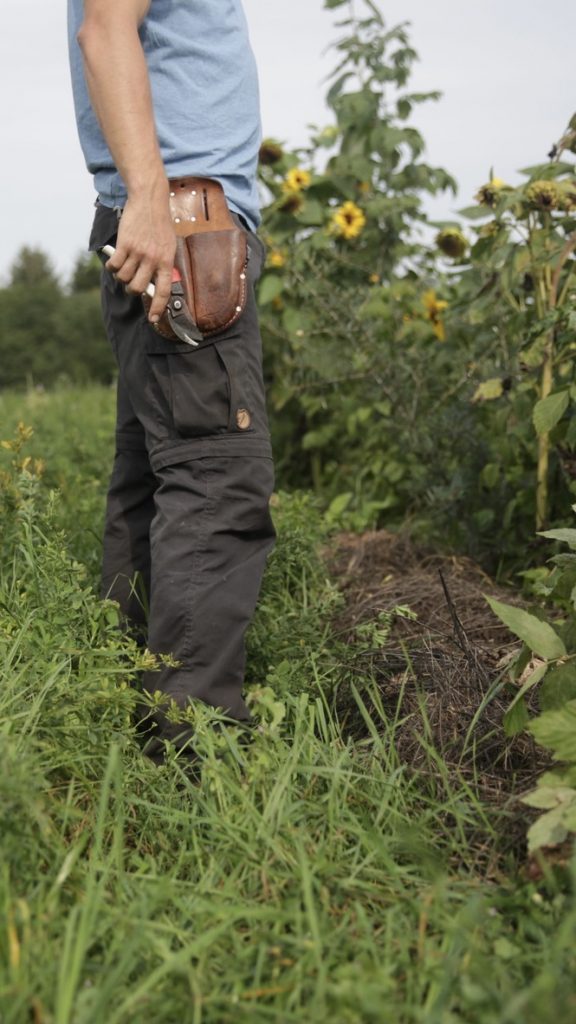
About Us
We develop, research and disseminate knowledge about regenerative, ecological forms of land use.
We are an interdisciplinary team of agricultural and forest scientists, business economists and agricultural economists.
We hope to show that nature conservation through land use is possible and see ourselves as educators, disseminators and transfer managers.
Our focus is on the development and implementation of regenerative, ecological land use practices. In order to be able to collect data on these concepts, we must first establish cultivation methods, some of which have fallen into oblivion, such as syntropic agroforestry. This means recording the effects of these systems: in terms of soil health, plant vitality, animal welfare, CO2 balance, water quality, labor time requirements, cost and revenue structure and regional value .
We achieve this by establishing a tight network of overarching data collection and linking it with individual scientific experiments and concrete conservation projects.
Since our foundation came to existence in 2021, we have been cooperating with research institutions such as the Leibniz Institute of Freshwater Ecology and Inland Fisheries (IGB), the Julius Kühn-Institute (JKI), the Board of Trustees for Technology and Construction in Agriculture (KTBL), the Humboldt University Berlin (HU Berlin) and the University for Sustainable Development Eberswalde (HNEE).
The goal of our foundation is to generate and analyze data on the ecological, economic and social effects of regenerative land use methods and to communicate the findings.
The Finck Foundation was established by Benedikt Bösel, in 2021, to be able to scientifically accompany and further develop the transformation of agricultural and forestry operations in Alt Madlitz: Gathering data on the transformation from only ecological to regenerative ecological land use and to make the results of the tested methods available to the public.
It was named “Finck Foundation” in memory of his step-grandfather, Karl-Wilhelm Finck von Finckenstein, who grew up in Alt Madlitz and rebuilt the farm, park and buildings with Benedikt Bösels’s parents, after the German reunification.
Its financial resources are secured through private donations, on a project-by-project basis and also through public funding.
"Rethinking the food system requires innovative, creative and bold ideas.
In a constantly and rapidly changing market, we must remain flexible and agile in order to be able to respond to needs."
Since the Finck Foundation was established in 2021, the generous support of the AVINA Foundation has enabled us to realise our research projects.
Founded in 1994 by Dr Stephan Schmidheiny as an independent family-financed foundation, AVINA stands for “Acción Vida y Naturaleza” – Action for Life and Nature. Stephan Schmidheiny developed the concept of entrepreneurial philanthropy and initially focussed the foundation’s work on social, cultural and educational projects. Since 2017, his wife Dr Viktoria Schmidheiny and her team have continued this work as President of the Foundation Board, focusing on projects to develop new forms of nutrition.
With this focus on a sustainable change in the food system, AVINA also promotes our research, testing and development of ecological and regenerative land use models and the associated necessary change in the food system. “Rethinking the food system requires innovative, creative and bold ideas. In a constantly and rapidly changing market, we must remain flexible and agile in order to be able to respond to needs. Financial resources, especially in research until shortly before commercialisation, are still rare in the field of sustainable and healthy nutrition and this is precisely where we see our niche.” (Schmidheiny V. et al (2021): AVINA Annual Report 2020)
The Foundation Team
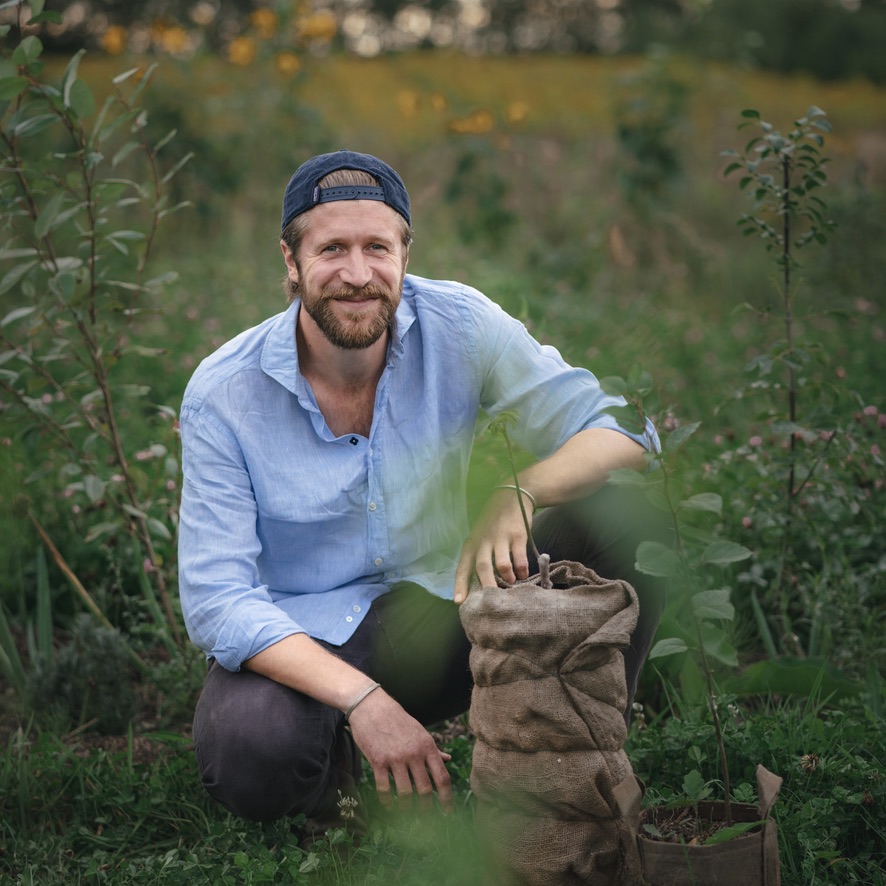
Benedikt Bösel
Managing Director
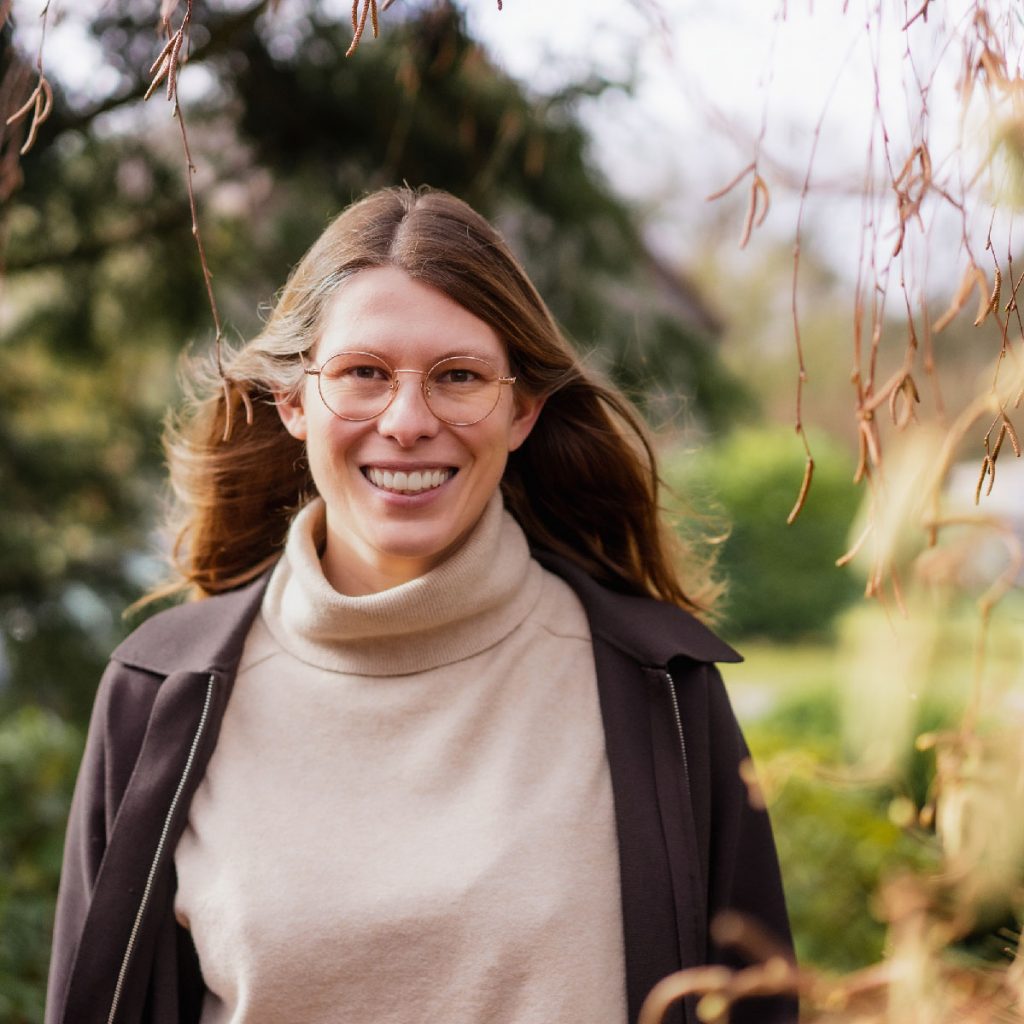
Anne Kinscher
Managing Director
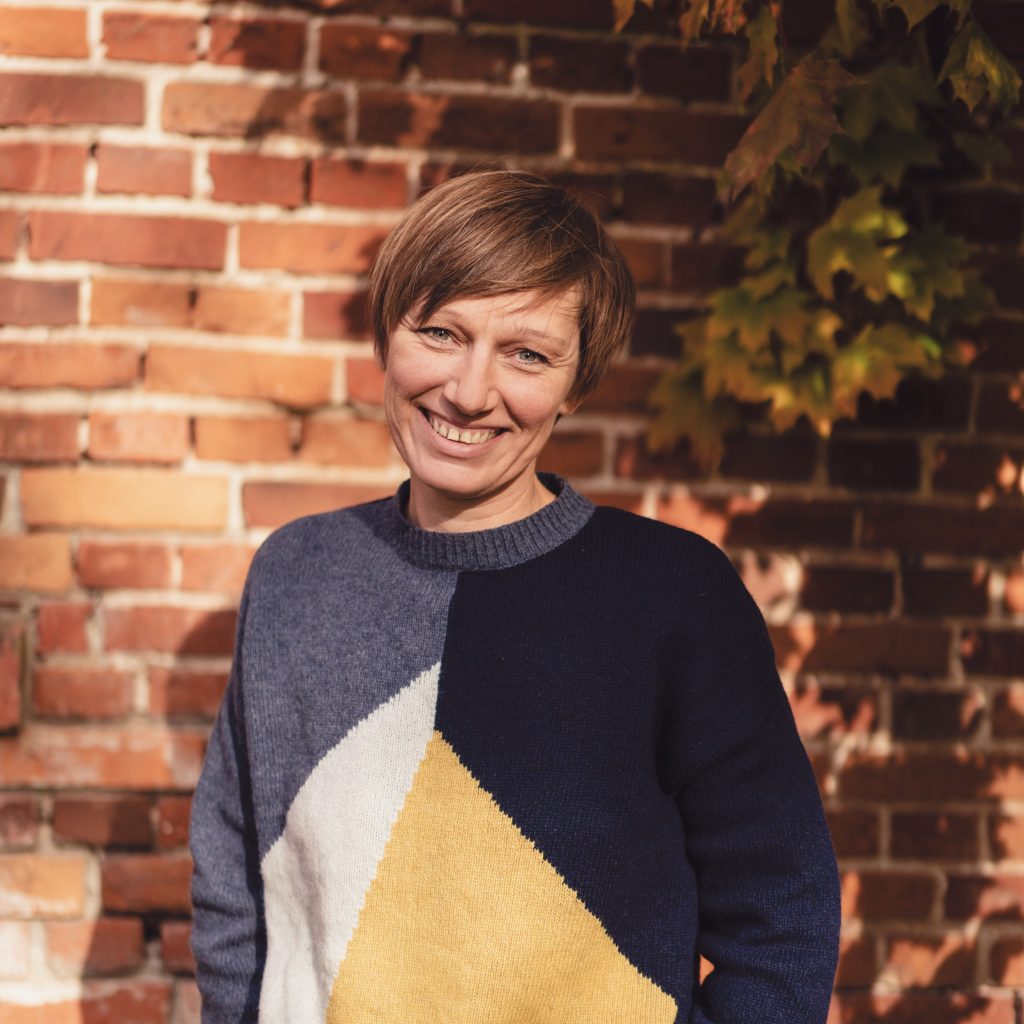
Anne-Kathrin Seemann
Office Manager
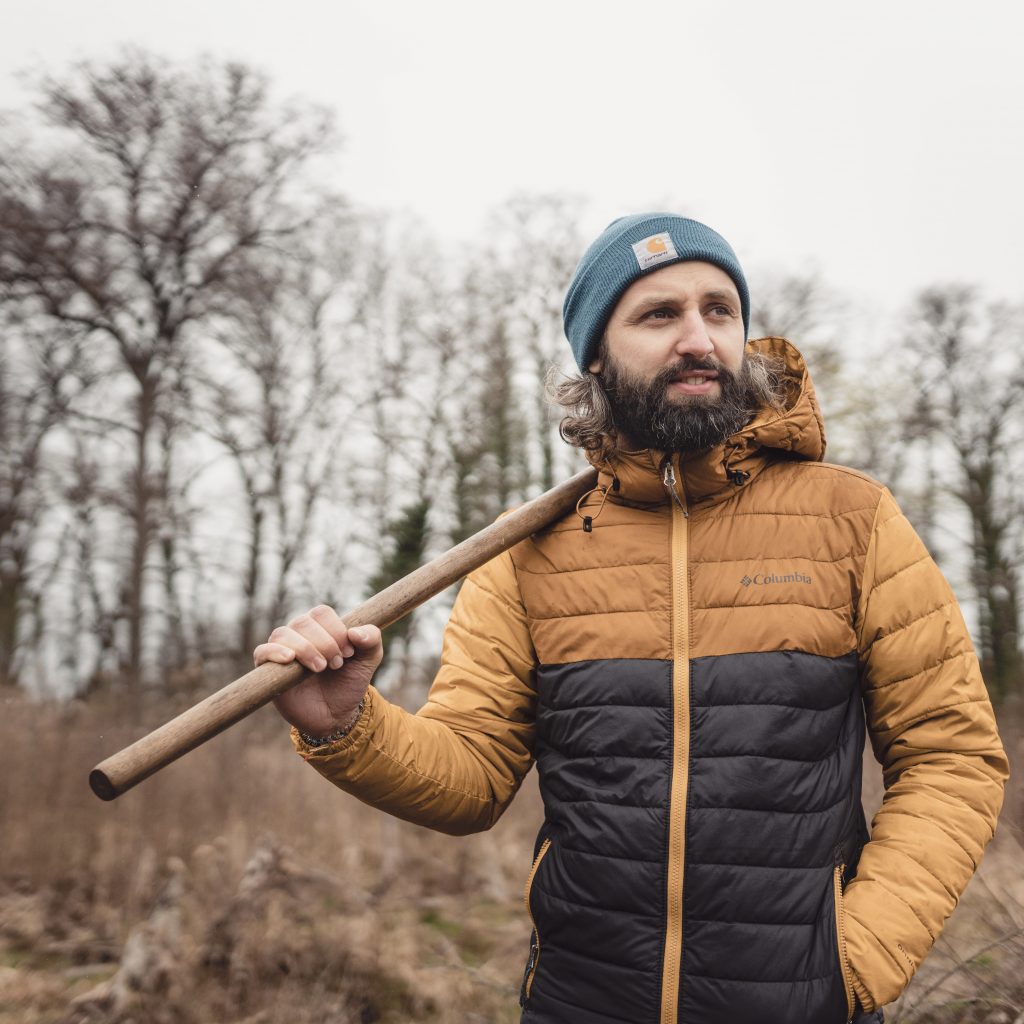
Max Küsters
Head of strategic projects
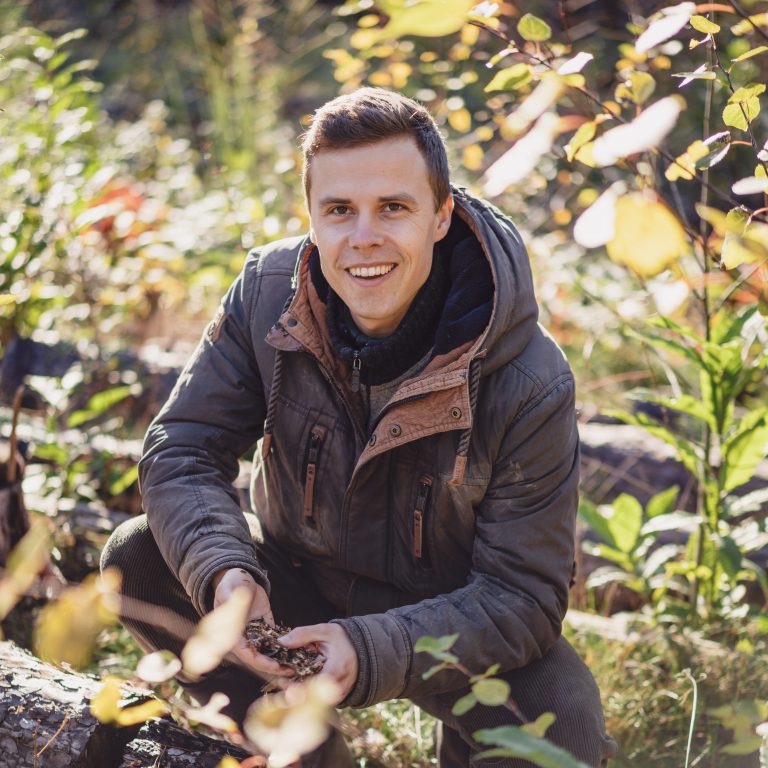
Philipp Hansen
Team member agroforestry
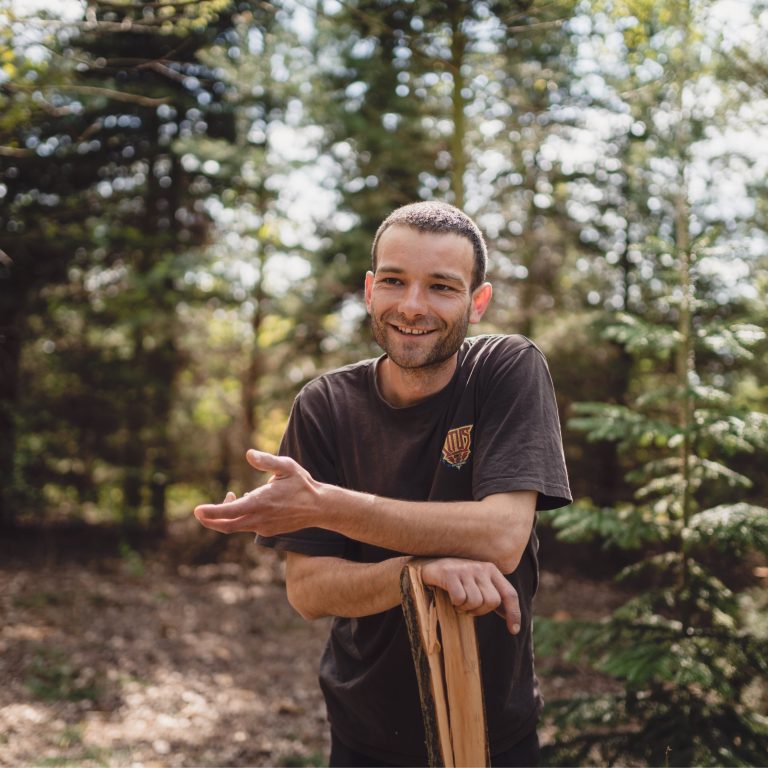
Julius Ritter
Team member agroforestry
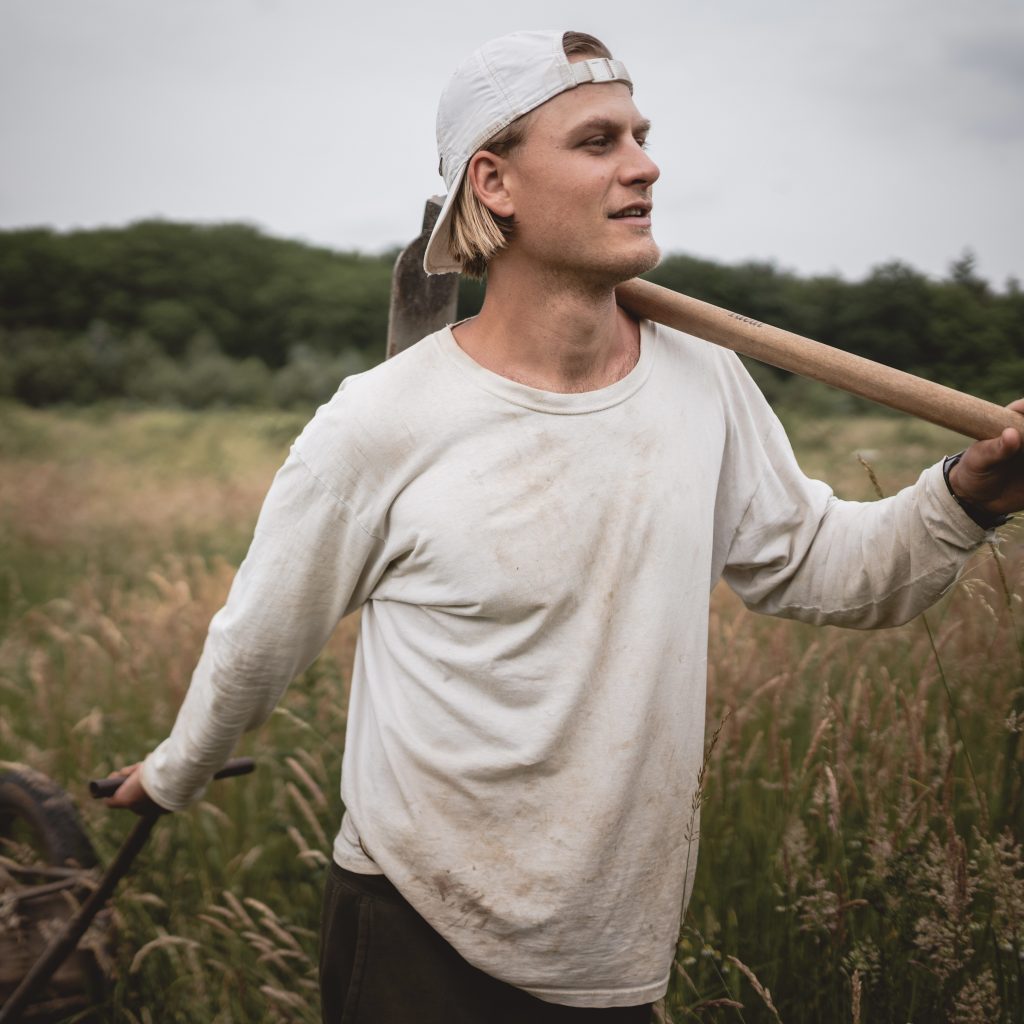
Johannes Harms
Head of tree nursery
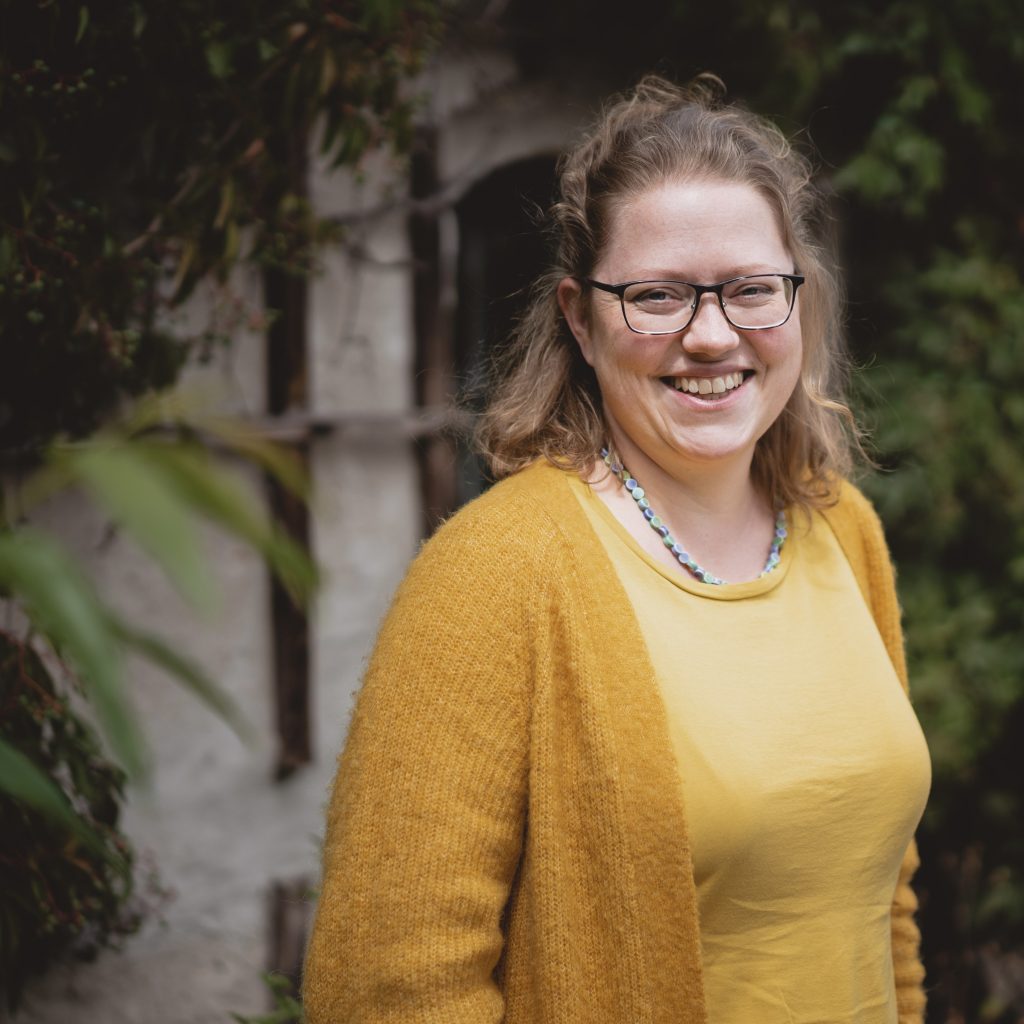
Maren Schultze
Member science and communication team
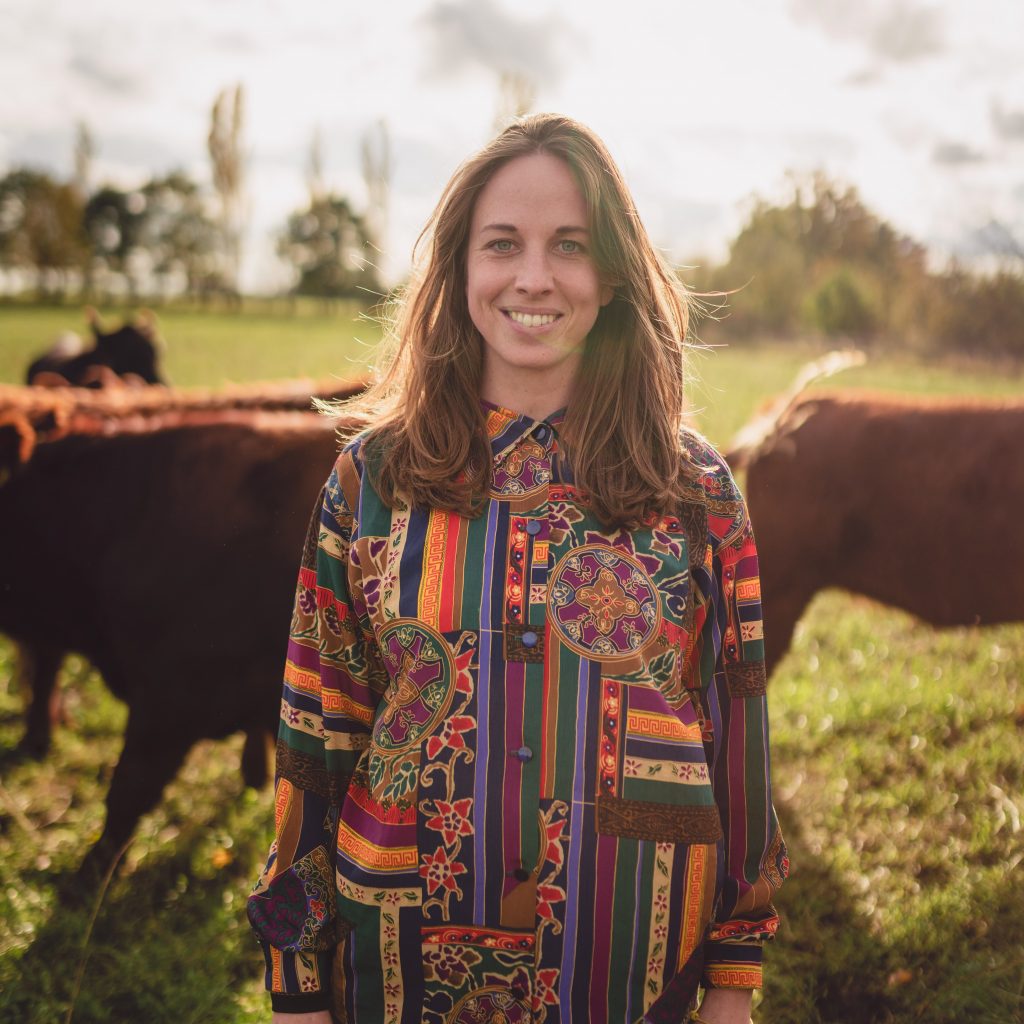
Joke Czapla
Science coordination and strategy
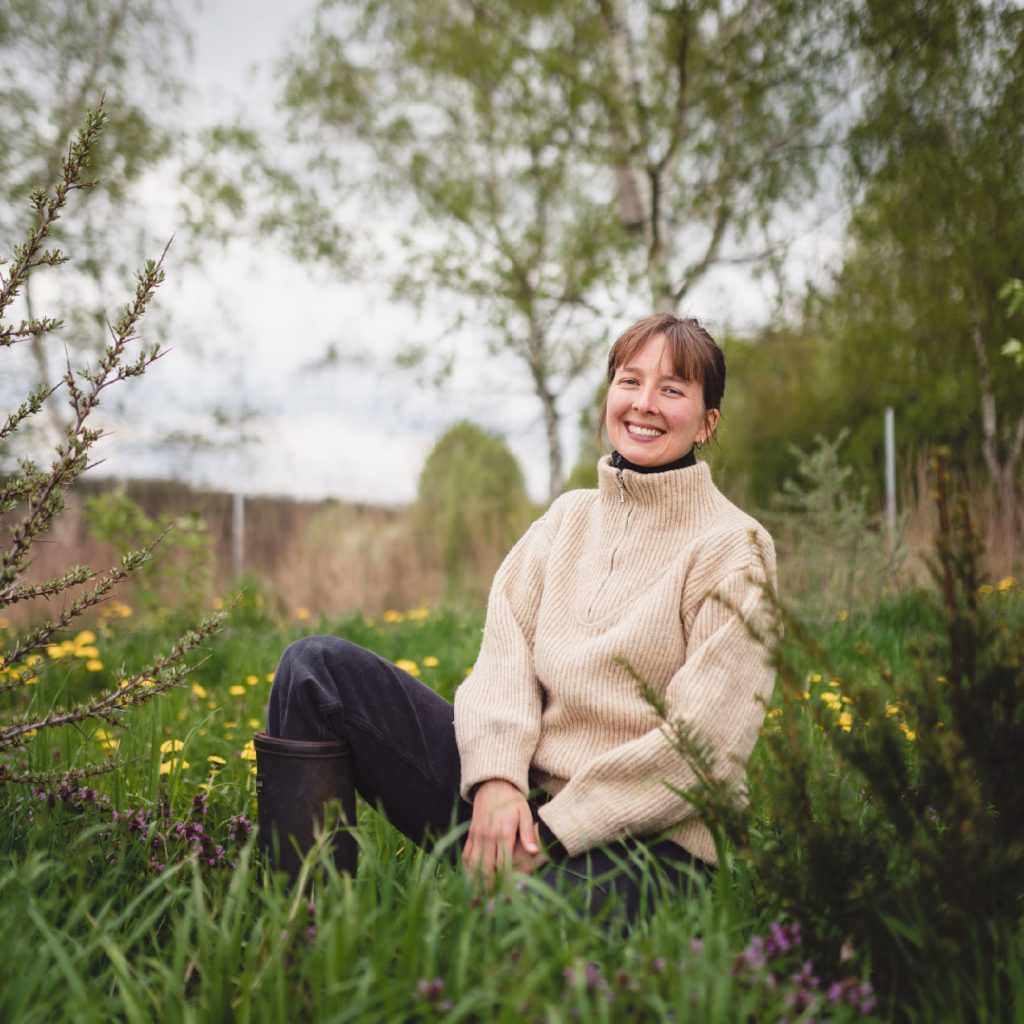
Julia Toups
Scientific management in the project DaVaSus
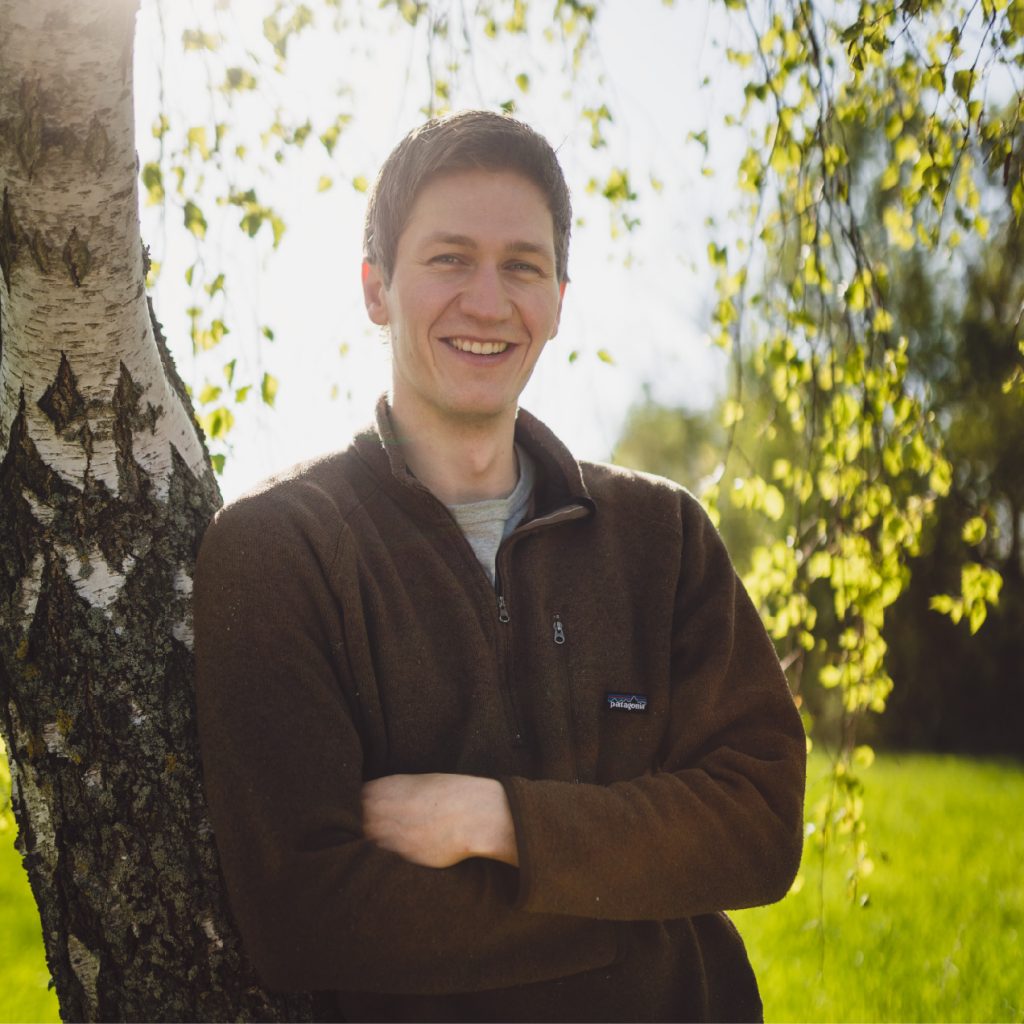
Mats Ricke
Member data, innovation, technology in the project DaVaSus